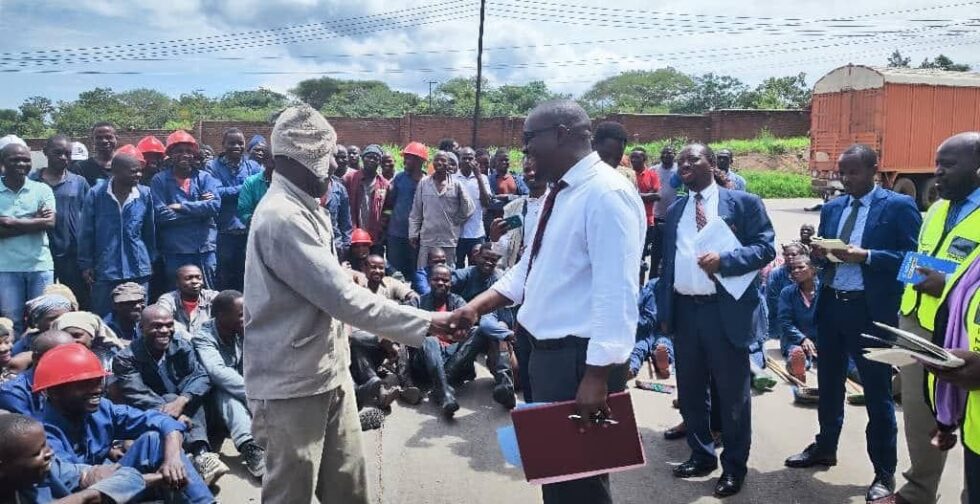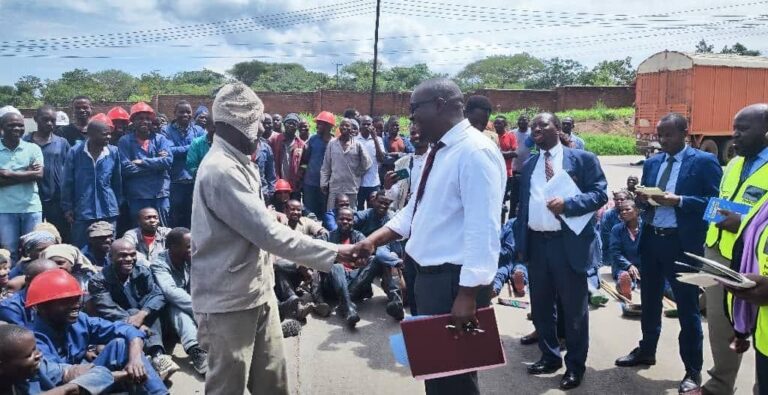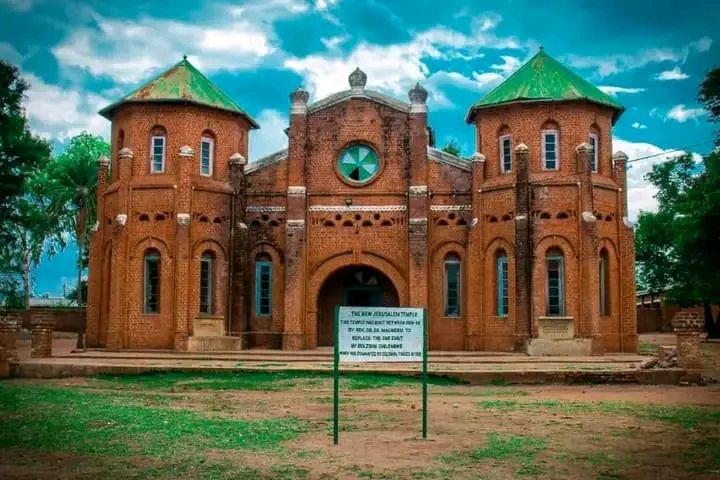By Linda Kwanjana
Minister of Labour Vitumbiko Mumba has today directed management of CP Feeds Company which manufactures chicken feeds in Lilongwe to close down its operations in order to rectify all the gray areas which are hazardous to human health.
Speaking during the meeting Mumba emphasized the need to close the company first and allow the management to rectify all the gray areas.

Mumba observed that workers at the factory are working without safety boots and that on top of that some workers work with no masks which is very dangerous to their health.
“Basically there is manipulation of labour laws, they are not adhering to the regulations of health safety for the workers, that’s why, and their conduct is very bad, so we can’t give them days to rectify, but let us close the company, the operations, and to show your time, they are able to demonstrate that they are able to meet the minimum requirements as far as health and safety associated for the workers,’ he said.
Mumba said its sad that the whole company can have only one toilet for the ladies this is putting people at risks.
The Minister said he has received alot of reports regarding these allegations but the right time is finally here.
Mumba said the President of Dr Lazarus McCarthy Chakwera will ensure people are working in good condition.
The Minister has since ordered that the company should compile all names of people working as expatriates because it has been reported that some people of Indian orgins are working as security guards and others working on jobs which can be done by Malawians.
During the meeting , company representatives pledged to rectify all the areas which the Minister has tackled.











